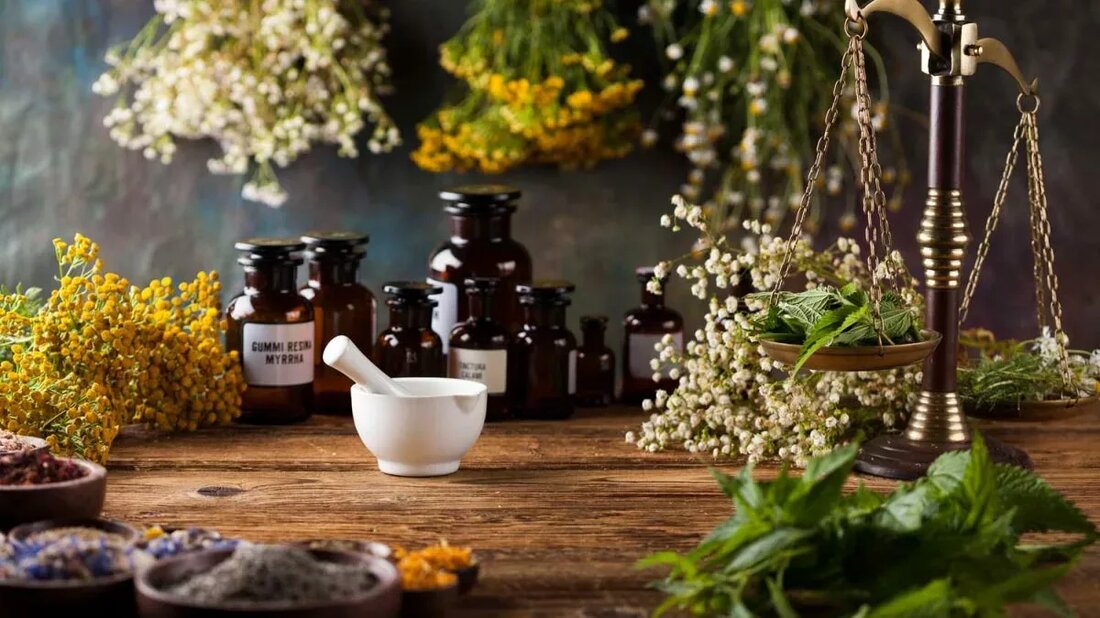Lutein and Zeaxanthin Isomers for Skin Health
Lutein and Zeaxanthin Isomers for Skin Health By Prof. Gene Bruno, MS, MHS, RH(AHG) Huntington College of Health Sciences My article on lutein and zeaxanthin appeared in the May 2017 issue of Natural Practitioner. The article discussed the relationship between the harmful effects of blue light and the protective properties of the lutein and zeaxanthin isomers (rr- and rs-(meso)-zeaxanthin). The article presented evidence that supplementation with these carotenoids reduced headaches, eye fatigue, eye strain and psychological stress associated with blue light exposure and was also able to support overall health and sleep quality - again as a function of their protective effects...

Lutein and Zeaxanthin Isomers for Skin Health
Lutein and Zeaxanthin Isomers for Skin Health
By Prof. Gene Bruno, MS, MHS, RH(AHG)
Huntington College of Health Sciences
My article about lutein and zeaxanthin appeared in the May 2017 issue ofNatural practitioner. The article discussed the relationship between the harmful effects of blue light and the protective properties of the lutein and zeaxanthin isomers (rr- and rs-(meso)-zeaxanthin). The article presented evidence that supplementation with these carotenoids reduced headaches, eye fatigue, eye strain, and psychological stress associated with blue light exposure, and was also able to support overall health and sleep quality - again as a function of their protective effects against blue light. However, one area that I did not cover in my article is the effect of lutein and zeaxanthin isomers on skin health. That is the topic of this blog.
The skin study
A randomized, double-blind, placebo-controlled clinical trial was conducted over a 12-week supplementation period to evaluate the effectiveness of lutein and zeaxanthin isomers (as Lutemax 2020 from OmniActive Health Technologies) in blocking the formation of melanin pathways, reducing cytokines, and increasing antioxidants, filtering blue light, and protecting the skin from environmental factors, including high-energy sources. 46 healthy people (men and women, age: 18-45 years) with mild to moderate dry skin took part in the study. The skin type of the subjects was classified as Fitzpatrick skin type II-IV scale (ie, light to olive skin, excluding very light, brown and dark brown). Subjects were administered either an oral nutritional supplement containing 10 mg lutein (L) and 2 mg zeaxanthin isomers (L/Zi) or a placebo daily for 12 weeks. The minimum erythema dose (skin redness) and skin lightening were measured with the chromameter. The individual typological angle (an index that determines the degree of skin color or skin pigmentation) was calculated. Subjective assessments were also recorded.
Results of the study
The results showed that overall skin tone was significantly improved in the L/Zi group compared to placebo (P < 0.0237) and luminance values (indicating skin lightening) were significantly increased in the L/Zi group. Likewise, daily supplementation with L/Zi reduced the intensity of erythema induced by UV light exposure compared to placebo. L/Zi supplementation significantly increased the individual typological angle and significantly increased the recovery of skin elasticity (P < 0.05). In summary, L/Zi supplementation brightens and improves skin.
Professor Gene Bruno, MS, MHS, the provost for Huntington College of Health Sciences, is a nutritionist, herbalist, writer and educator. For more than 37 years, he has educated and trained natural products retailers and healthcare professionals, researched and formulated natural products for dozens of dietary supplement companies, and written articles on nutrition, herbal medicine, nutraceuticals, and integrative health topics for trade and consumer magazines and peer-reviewed publications. He can be reached at gbruno@hchs.edu.
- Artikel
- Blaulichteinwirkung
- Augenermüdung
- Überanstrengung der Augen
- Kopfschmerzen
- Isomere
- Lutein
- Lutemax 2020
- OmniActive Gesundheitstechnologien
- allgemeine Gesundheit
- Prof. Gene Bruno Blog
- psychologischer Stress
- reduziert
- Schlafqualität
- Lernen
- Ergänzung
- Zeaxanthin
Read original article in English.

 Suche
Suche
 Mein Konto
Mein Konto
